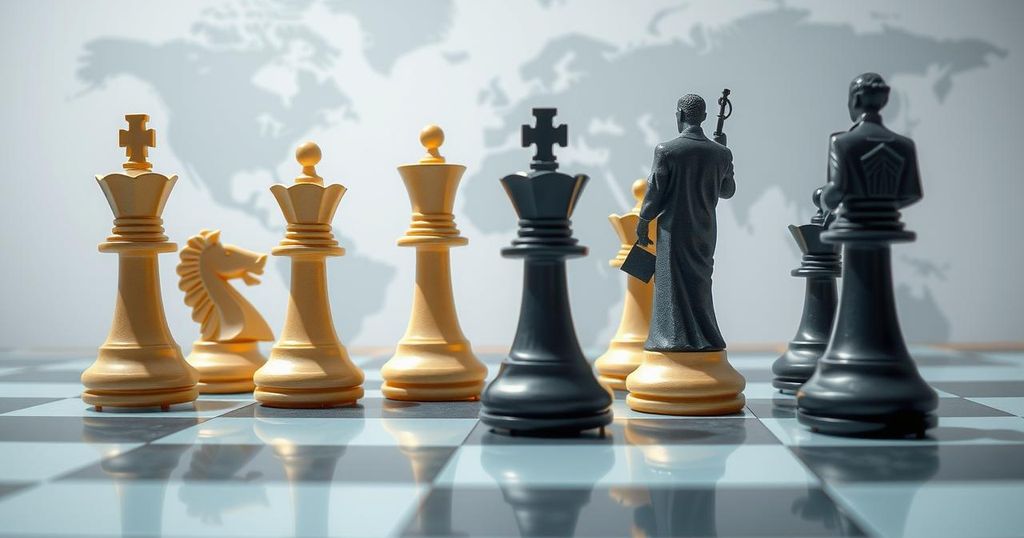The recent funeral of Hassan Nasrallah emphasized Iran’s continued investment in Hezbollah, despite the group’s losses in recent conflicts. Iranian officials expressed unwavering support for Hezbollah. Challenges include funding shortages and military threats from Israel. Nevertheless, Hezbollah aims to restore its military capabilities and exert influence in both Lebanon and Syria amidst changing regional dynamics.
Following the recent funeral of Hassan Nasrallah, Ethereum officials visited Lebanon, underscoring Iran’s continued investment in Hezbollah’s future. High-ranking Iranian officials, such as Parliament Speaker Mohammad Baqer Qalibaf and Foreign Minister Abbas Araghchi, expressed support for Hezbollah during meetings with Sheikh Naim Qassem. Despite suffering setbacks during conflicts with Israel, Hezbollah remains a key player in the region with significant local support.
The February 23 funeral, anticipated to demonstrate Hezbollah’s strength, attracted numerous pro-Iranian supporters, including approximately 200,000 Iraqis. Sheikh Naim Qassem delivered a pre-recorded speech, reassuring that Hezbollah’s commitment to resistance would persist, echoing a resolve to grow its capabilities and assets once more.
In the short term, Hezbollah grapples with funding shortages and has lost critical personnel, compromising its effectiveness. Israel’s ongoing military actions present additional threats, particularly in regions close to the Lebanese border. Despite these challenges, Hezbollah continues to operate fiercely, exhibiting a stronghold over Lebanese stability while facing criticism for undermining national sovereignty.
Hezbollah’s immediate goal is to reclaim southern Lebanon and restore its military arsenal, a process likely to take years. Historically, the group has successfully rebuilt its capabilities following devastating conflicts, possessing a current arsenal of an estimated 10,000 to 20,000 projectiles and self-assembling drone technologies.
With the diminishing support from the Assad regime, Hezbollah looks for new smuggling routes and opportunities to infiltrate southern Syria, particularly amidst conflicts affecting local governance. The organization aims to capitalize on the regional power struggle, waiting strategically for potential shifts in Lebanon’s political landscape initiated by international dialogues.
Time is a critical asset for Hezbollah as it seeks to rejuvenate its influence, monitoring diplomatic communications, such as the recent discussions between Iranian and Saudi officials. By maintaining a vigilant stance in both Lebanon and Syria, Hezbollah aims for a gradual resurgence, aligning itself strategically to explore any opportunities for enhanced power.
In summary, Hezbollah faces formidable challenges following the death of Hassan Nasrallah, including reduced funding and threats from Israel. Nevertheless, the group’s determination to rebuild its military capacity and influence remains evident. With evolving regional dynamics and potential shifts in governmental power, Hezbollah is poised to strategize for long-term recovery amidst ongoing conflicts.
Original Source: www.jpost.com






